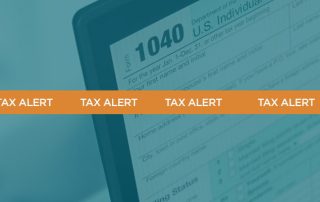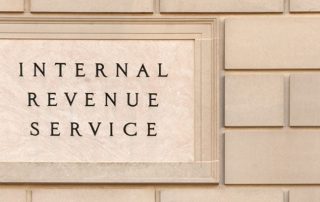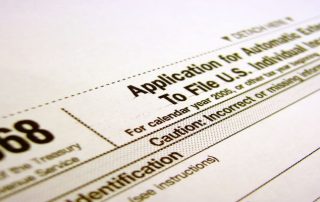IRS Issues Tax Extension Guidance for Taxpayers
On March 13, 2020, the President of the United States issued an emergency declaration under the Stafford Disaster Relief and Emergency Assistance Act in response to the ongoing Coronavirus Disease pandemic.






